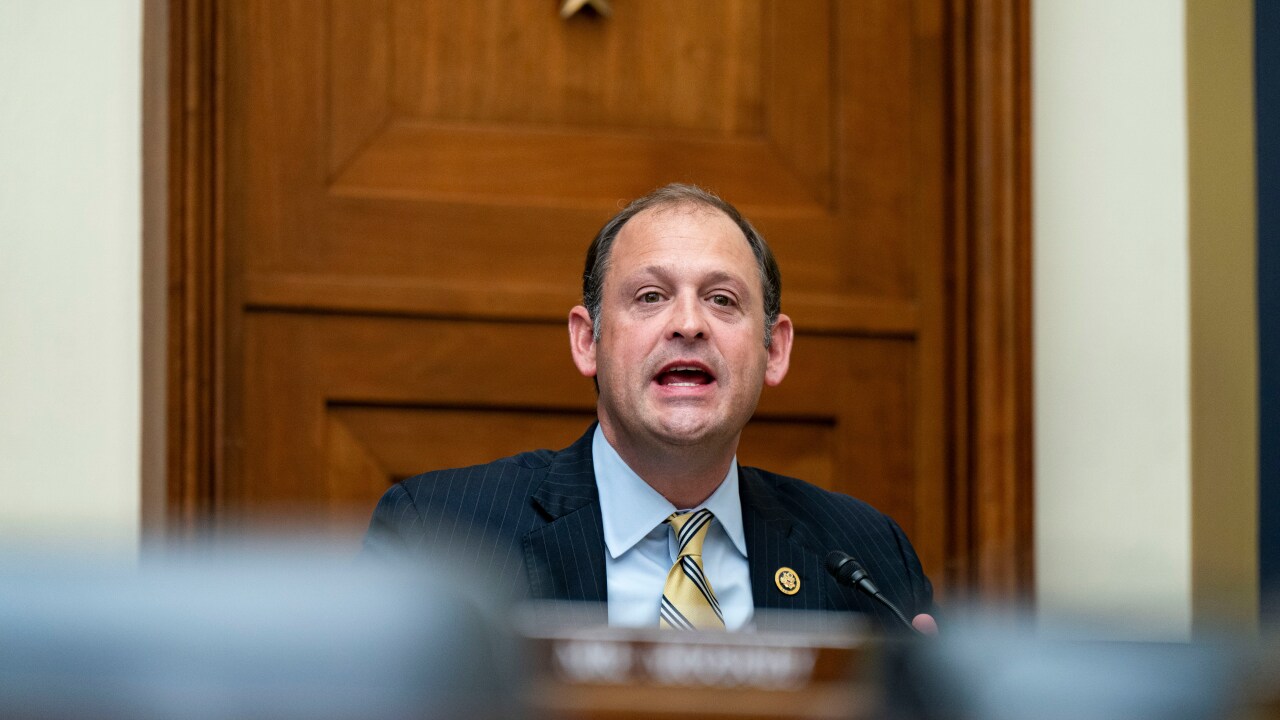SAN FRANCISCO The Seattle Monorail Project took another step toward the construction of a 14-mile elevated rail line this week.
The staff of the SMP issued a formal notice of intent Monday night to proceed with the contract it has negotiated for construction and operation of the monorail line. It marks the beginning of a key sequence of events that will determine whether the dream of futuristic trains gliding above Seattles streets is to become reality.
The 8,000-page contract with Cascadia Monorail Co. a construction consortium that features engineering and construction firm Fluor Corp. and train manufacturer Hitachi must still be approved by the board of the monorail special district after a public review period.
The project must also overcome legal challenges to the tax created to support it, and withstand a review commissioned by the Seattle City Council.
The contract calls for the entire monorail line to open in 2010 at a fixed price of $1.615 billion.
The documents formally unveil the systems debt plan, to be repaid using a motor vehicle excise tax authorized by voters to finance the monorail.
The debt structure primarily relies on deferred interest obligations instead of a current interest structure.
The plans assumptions include issuance of about $300 million of commercial paper between 2005 and 2010, about $1 billion of long-term debt in 2006, about $600 million of long-term debt in 2008 or 2009, and about $300 million in long-term debt in 2014 to refinance the commercial paper, according to the staff report prepared by SMP finance director Jonathan Buchter.
The finance plan was designed to meet the projects up-front financing needs while living within a statutory debt limit of $1.5 billion in 2002 dollars.
The plan, as outlined in the documents released Monday, includes senior and subordinate tiers.
Tier 1 would include some serial bonds, with most of the debt in the form of callable deferred interest bonds, containing a turbo feature allowing tax revenues that come in above projects to be used for calling bonds.
[The Tier 1 bonds] will be sized in the way which will create the strongest credit possible in order to attract reasonable bond insurance premiums, with the goal being to include as many bonds in this category as possible, Buchters report said.
There would also be a subordinate Tier 2. The Tier 2 Callable DIBs are assumed to have low investment-grade ratings or be unrated and, as a result, efforts will be made to minimize the size of any issue, the report said.
If the projects tax-collection projections are realized, bond repayment would last until 2050, though the collection of the tax is authorized for as long as the debt is outstanding.
Seattle-Northwest Securities is the SMPs financial adviser, and Citigroup Global Markets would be lead underwriter.
The motor vehicle excise tax that underpins the monorail plan has been challenged in court. Opponents have lost in lower courts, but the Washington Supreme Court is expected to hear the appeals.
The Seattle City Council has retained the right to review the projects finances before issuing construction permits.
Im primarily concerned with the question of whether SMPs financial resources are adequate to complete construction and the first five years of operations, Nick Licata, co-chair of the council monorail committee, said in a statement.
The council has hired transportation consulting firm Manuel Padron and Associates of Atlanta to review the project and its finances, Newell Aldrich, legislative aide to Licata, said yesterday.





